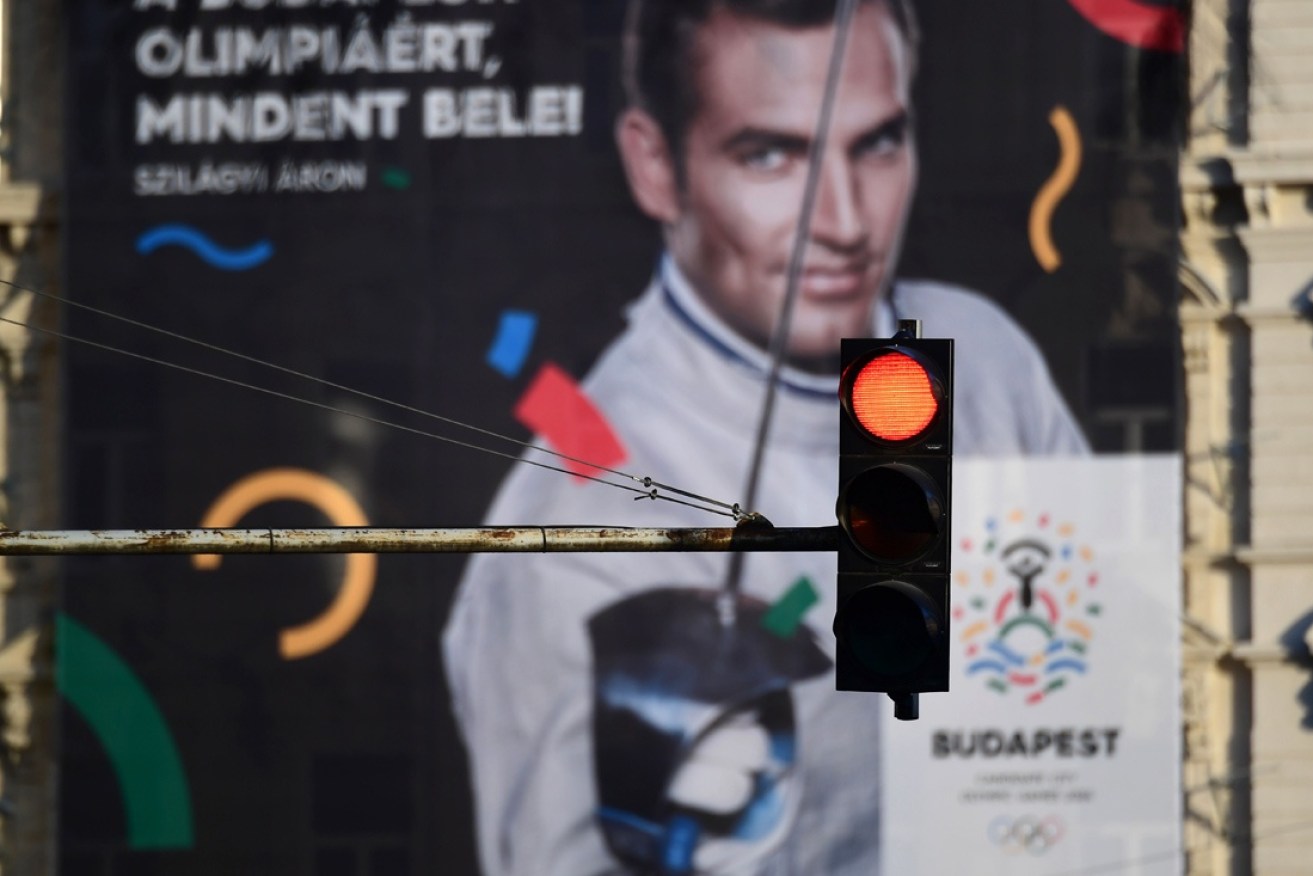Why cities don’t want to host the Olympic Games anymore


The locals have brought Budapest's Olympic bid to a stop. Photo: Getty
The Olympic Games are on the nose.
Early on Thursday morning (AEDT), news filtered through that Budapest was set to drop its bid to host the 2024 Games.
Why? Because more than 250,000 people signed a petition against it.
This is incredibly significant. It wasn’t the government which didn’t want it for cost reasons – it was the locals.
Not even the novelty of hosting the biggest sporting event in the world could get the people of the Hungarian capital to overlook the disastrous state that cities that host the Games are often left in.
Confirmation of Budapest’s withdrawal is set to come in an upcoming vote by the city’s assembly.
It leaves Paris and Los Angeles – which have both hosted the Games twice before – as the only cities in the battle for hosting rights to the 2024 Games.
Budapest joins Hamburg, Rome and Boston – among others – in withdrawing from the race because of concerns about costs and inconvenience.
This is a people’s revolt against the excesses of these sporting circuses, which line the pockets of the International Olympic Committee (IOC) and its corporate backers, and leave host cities with unnecessary sports infrastructure and mountainous debt.
Take Rio’s recent Games.
Staged at a time when commodity prices bottomed and the Brazilian economy contracted, the city is now paying off the credit card.
Health and education are being cut, while Olympic venues rot.
Even the famed Maracana Stadium is crumbling. The owners can’t afford to pay its million-dollar power bill.
The Rio Games, which cost $20 billion to stage, returned only $4.5 billion. As IOC heavy John Coates told Around the Rings, “it’s not a good look for us”.
Then there’s the 2004 Athens Games.
The city’s derelict sporting structures are another bad look for the IOC, as was the Games’ debt, which helped break the Greek economy.
Even the now fabled Sydney Games had its problems.
Celebrations over Australia’s medal tally and the collective relief when IOC boss Juan Antonio Samaranch declared it the best Games ever couldn’t hide the discomforting fact that it did little for the economy.
Like most Olympics, the financial costs of staging the Games outweighed any long-term economic benefits.
Once the party’s over, host cities are confronted with the budgetary hangover.
When you add the inconvenience of securing the Games against terror attacks, why would any sensible city bother bidding?
The 2002 Salt Lake and 2014 Sochi Winter Olympic Games were held in near cordoned-off cities to stop terrorists.

Who would want to tour through this? Photo: AAP
Then you’ve got human rights violations.
Over a million people had their homes bulldozed for the Beijing Olympics, while paramilitaries in Rio waged war against the poor in the favelas to secure the city for visiting athletes and tourists.
Then there’s the alleged corruption, which can run the cost into the millions.
In the past, IOC delegates have reportedly received the works, from sexual services to art pieces and free education for their children.
Sensible cities should be wary about doing business with this not-for-profit outfit!
All is not completely lost, though.
Some takers remain – with south-east Queensland still considering a bid for the 2028 Games.
Recent comments by IOC president Thomas Bach that those Games may be awarded to the 2024 bid’s runner-up have not dinted Queenslanders’ hopes.
But they and other Australian cities with grand sporting designs should seriously consider the financial and social consequences of staging these circuses.
Queenslanders will have to cover the tab for next year’s Commonwealth Games. An Olympics on top may break the budget.
The IOC must heed the message of the people’s decision in Budapest and reform the Games.
If they don’t, it will become sport’s ultimate ‘white elephant’.
Dr Tom Heenan teaches sports studies at Monash University.








